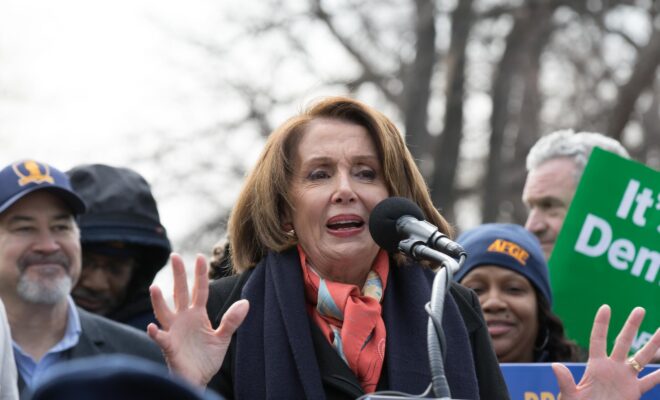Following extensive research into more than 18,000 studies, a John Hopkins report concluded that lockdowns have had little to no effect on COVID-19 mortality and little to no positive public health effects while imposing enormous economic and social costs where they have been adopted. (RELATED: Perspective: Gut Check on COVID-19 Risk)
Early on during the pandemic, lockdowns were cited as one of the best ways to slow the spread and reduce the mortality of COVID-19. However, early reports touting the success of lockdowns as a form of non-pharmaceutical intervention (NPI) were flawed for failing to consider external factors that this new report chronicles.
Early epidemiological studies predicted large effects of NPIs. An often cited model simulation study by researchers at the Imperial College London (Ferguson et al. (2020) predicted that a suppression strategy based on a lockdown would reduce COVID-19 mortality by up to 98%. These predictions were questioned by many scholars.”
“…we exclude the much-cited paper by Flaxman et al. (2020), which claimed that lockdowns saved three million lives in Europe. Flaxman et al. assume that the pandemic would follow an epidemiological curve unless countries locked down. However, this assumption means that the only interpretation possible for the empirical results is that lockdowns are the only thing that matters, even if other factors like season, behavior etc. caused the observed change in the reproduction rate.
However, the report's authors, after combing through countless pages of scientific findings came to a radically different conclusion. (RELATED: Republicans in DC Fight Back Against New COVID Rules)
We find little evidence that lockdowns had a noticeable impact on COVID-19 mortality Only one study, Fuller et al. (2021), finds a substantial effect, while the rest of the studies find little to no effect. Indeed, according to stringency index studies, lockdowns in Europe and the United States reduced only COVID-19 mortality by 0.2% on average.”
The report goes on to describe the long-term damage to individuals and society that lockdowns caused.
However, lockdowns during the initial phase of the COVID-19 pandemic have had devastating effects. They have contributed to reducing economic activity, raising unemployment, reducing schooling, causing political unrest, contributing to domestic violence, and undermining liberal democracy. These costs to society must be compared to the benefits of lockdowns, which our meta-analysis has shown are marginal at best. Such a standard benefit-cost calculation leads to a strong conclusion: lockdowns should be rejected out of hand as a pandemic policy instrument
Click here to read the report in its entirety. (RELATED: The Great COVID Migration: One Million Moved Out of Blue States)
































